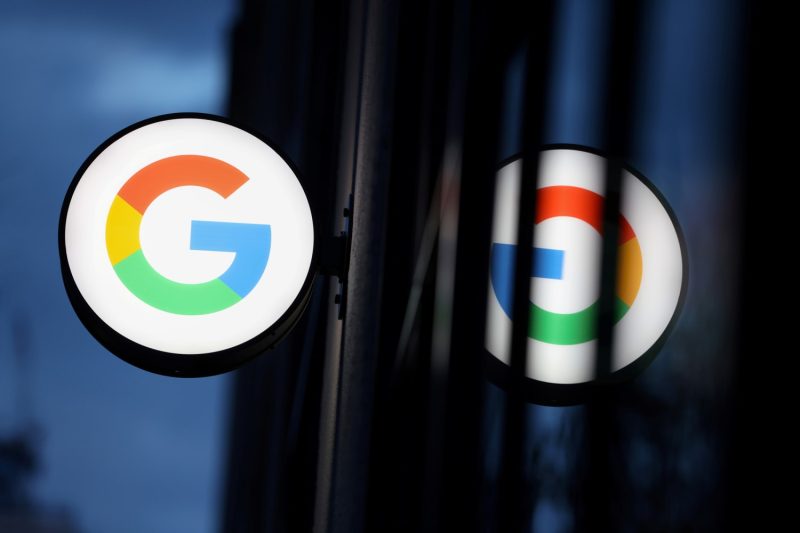U.S. judge orders Google to share search data with competitors

Alphabet’s Google must share data with rivals to open up competition in online search, a judge in Washington ruled on Tuesday, while rejecting prosecutors’ bid to make the internet giant sell off its popular Chrome browser and Android operating system.
Google CEO Sundar Pichai expressed concerns at trial in the case in April that the data-sharing measures sought by the U.S. Department of Justice could enable Google‘s rivals to reverse-engineer its technology.
Google has said previously that it plans to file an appeal, which means it could take years before the company is required to act on the ruling.
U.S. District Judge Amit Mehta also barred Google from entering into exclusive agreements that would prohibit device makers from preinstalling rival products on new devices.
Google had argued that loosening its agreements with device makers, browser developers and mobile network operators was the only appropriate remedy in the case. Its most recent deals with device makers Samsung Electronics and Motorola and wireless carriers AT&T and Verizon allow them to load rival search offerings, according to documents shown at trial in April.
The ruling results from a five-year legal battle between one of the world’s most profitable companies and its home country, the U.S., where Mehta ruled last year that the company holds an illegal monopoly in online search and related advertising.
At a trial in April, prosecutors argued for far-reaching remedies to restore competition and prevent Google from extending its dominance in search to artificial intelligence.
Google said the proposals would go far beyond what is legally justified and would give away its technology to competitors.
In addition to the case over search, Google is embroiled in litigation over its dominance in other markets.
The company recently said it will continue to fight a ruling requiring it to revamp its app store in a lawsuit won by “Fortnite” maker Epic Games.
And Google is scheduled to go to trial in September to determine remedies in a separate case brought by the Justice Department where a judge found the company holds illegal monopolies in online advertising technology.
The Justice Department’s two cases against Google are part of a larger bipartisan crackdown by the U.S. on Big Tech firms, which began during President Donald Trump’s first term and includes cases against Meta Platforms, Amazon and Apple.







